Notes
David Degner & Alia Malek in Cairo: Permanent Revolution
Update from Cairo:
On July 8th, Egyptians returned to Tahrir Square to remind the ruling Supreme Council of the Armed Forces (SCAF) that it was they – the people – and not the generals that would be the guardians of the Revolution, even if the fall of Hosni Mubarak was made easier by the military’s abandoning of the Dictator. As of today, they have not left Tahrir.
Tents shelter folks as they sleep or discuss Egypt’s past, present, and future late into the night and early into the morning. The canvas surfaces also provide space to display slogans, party and coalition names, and political demands. The giant canopy overhead shields all from a sun that has been as steadfastly present as the revolutionaries.
As Thawra (Arabic for Revolution) has become a seemingly permanent part of daily life, so has the Square acquired the necessary trappings: vendors sell both goods and sustenance, barbers provide a good shave, electricity has been siphoned from street lights, entertainment is available on stages and screens, and a cup of mint tea is never too far away. There is also the trace of carnival, which whether inspired by revolutionary euphoria or just the community of summer nights in the open air, seems to make little difference to the entrepreneurs who have the right trinket, balloon, or souvenir to sell.
But Ramadan is only weeks from now. The festive lamps of the holiday already hang from cables that Tarzan across the camp, reminding all of the month that will bring the country to a halt. Many citizens will contemplate their faith, refusing to satiate either thirst or hunger in the hours of the sun. Political parties, candidates, civil society groups, and activists will ramp up their outreach to voters in those slowed down days, knowing the respite will be followed by too-few days afterward, as Egypt hurtles to its first free Parliamentary elections in November. The winners will be tasked with writing the Constitution that will shape the contours of the new nation, birthed from the labors of so many in Tahrir Square.
If the Thawra succeeds in yielding what will be a shift to a different process – one electoral and democratic – then it will be the future of the Square, both as a physical and figurative space, that will also need to be determined. Will its power be deployed again? If so, then when, how, why, and to what end?
PHOTOGRAPHS by DAVID DEGNER
To see entire BagNews series on Egypt and Libya: Middle-East Uprising 2011
Previous post: The Revolution Continues
David Degner is a photojournalist living in Cairo, from which he has been covering the Egyptian Revolution and the Libyan Civil War. Alia Malek is a writer and human rights lawyer. She is the author of A Country Called Amreeka: US History Retold Through Arab American Lives and editor of the forthcoming Patriot Acts: Narratives of Post 911 Injustices.
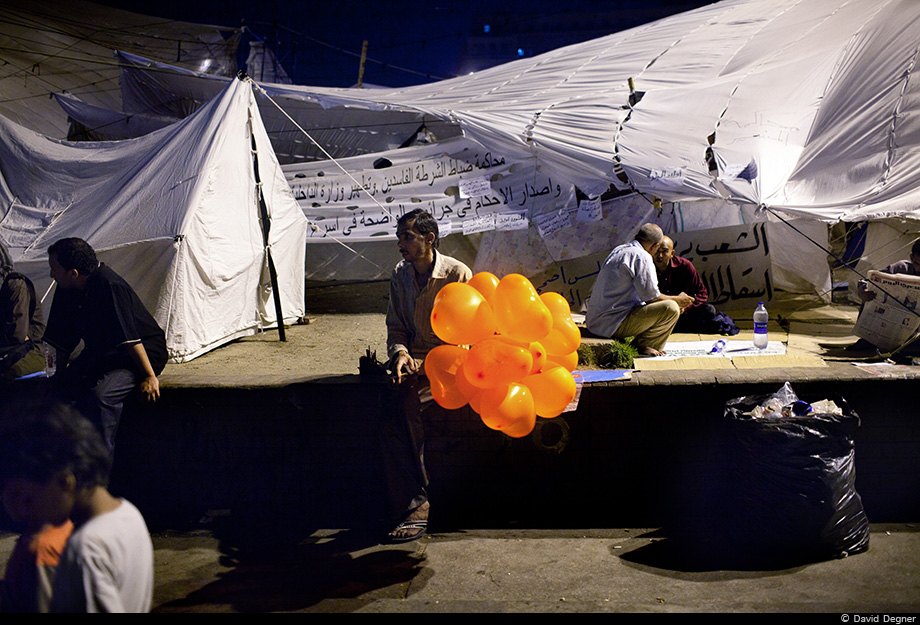
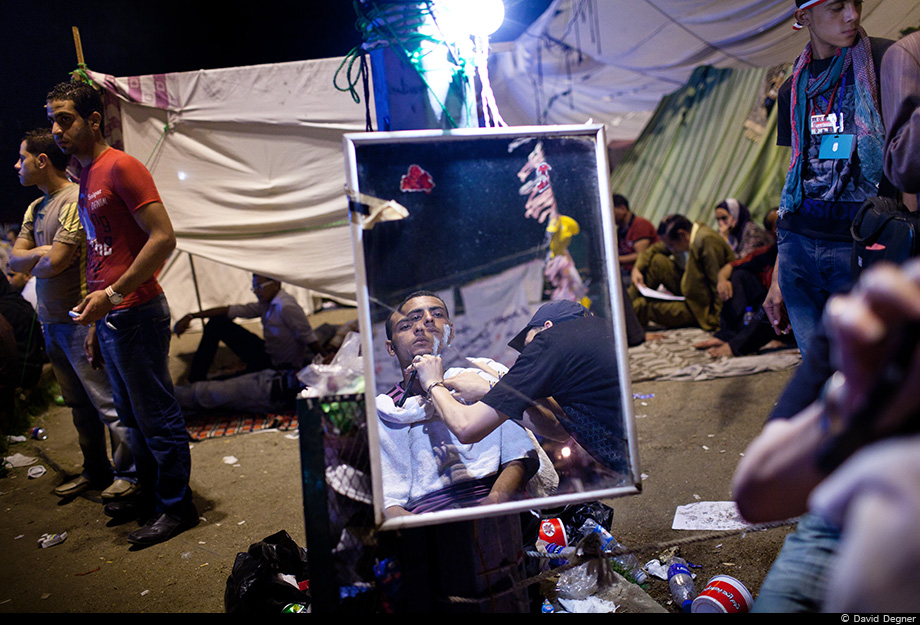
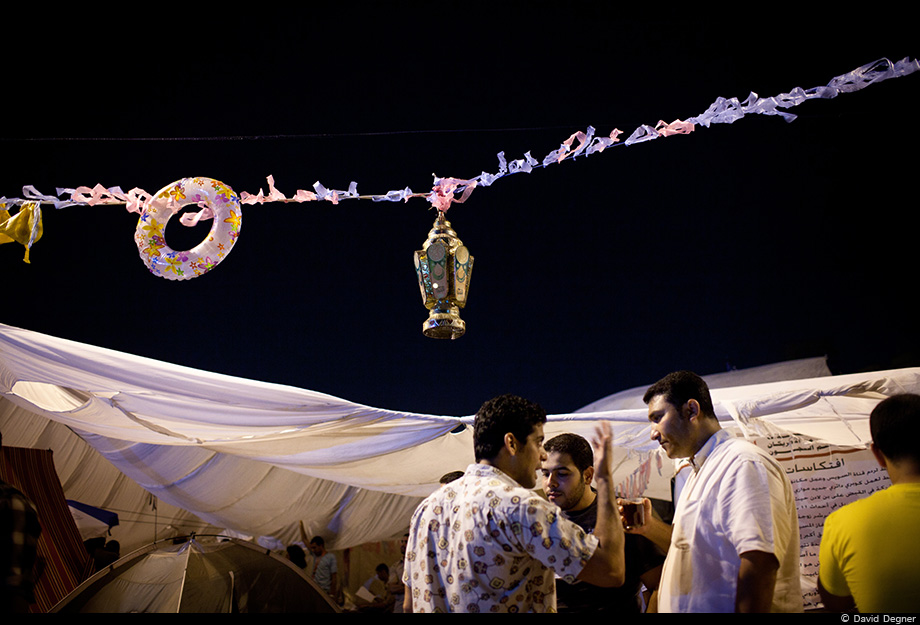
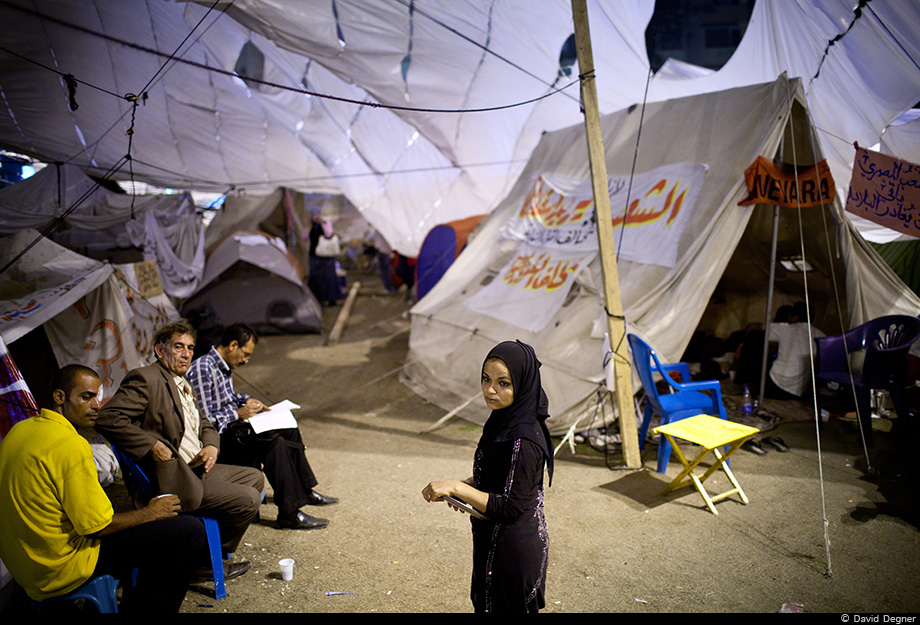
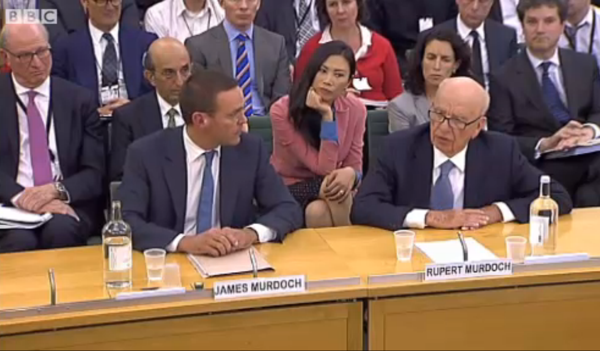
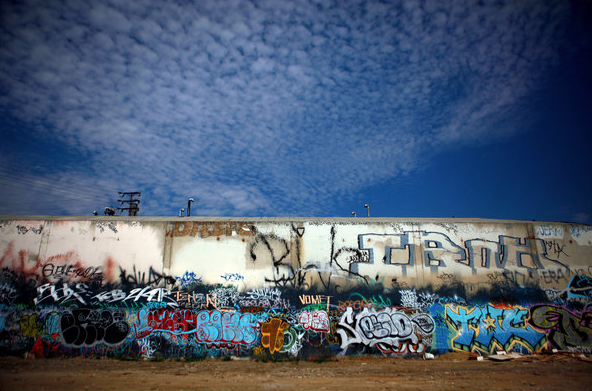
Reactions
Comments Powered by Disqus